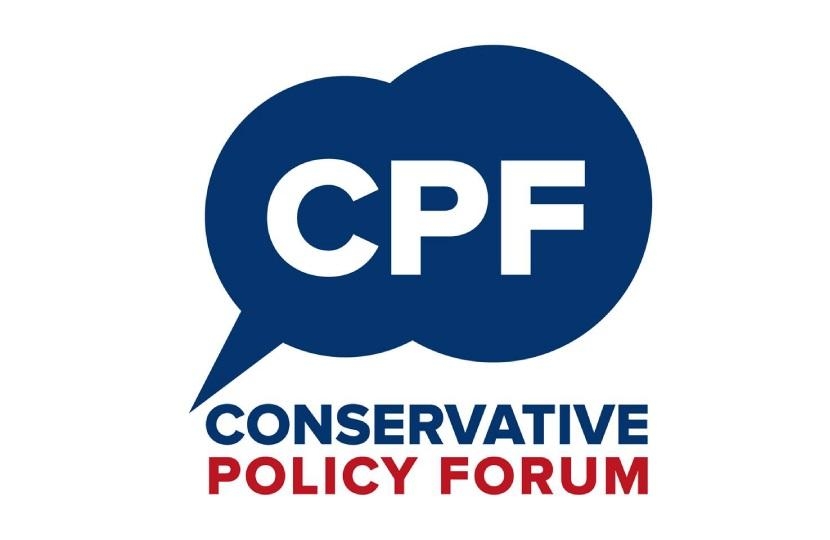
Post-Brexit Economy
By the end of October, seven months later than originally expected, the UK will have left the European Union, in accordance with the result of the 2016 referendum.
From our first policy discussion this year, on Global Britain, it was clear that Members believe our nation’s future prosperity primarily requires the Conservative Party to champion an optimistic vision of free trade; and that the biggest contribution we can make to international development and democracy is through free trade. This builds on the conclusions of our discussion after the last general election, through which Members identified the top three Conservative values as responsibility, enterprise and freedom. A UCL survey indicates that the question of sovereignty is important to three-in-five voters (58%).
In other recent discussions, we have asked how we should fund the costs of specific areas such as university education and adult social care. In this paper we turn to broader questions of the domestic economy.
The Party remains committed to delivering lower taxes for ordinary, working people, with no return to the uncontrolled borrowing of the past. Yet, as the PM has said, while “debt as a share of the economy will continue to go down, support for public services will go up.”
Questions for discussion
- How do we change the focus of debate from Brexit to other concerns that matter to the wider electorate?
- What should a fair Conservative tax offer look like? How should public services be fairly funded? Which services should be funded purely by local communities?
- How many in your group think the government should increase spending on public services, even if that means higher taxes or more borrowing? How many disagree?
- Given our Party’s commitment to delivering lower taxes for ordinary, working people: (i) What specific taxes would you abolish or simplify? (ii) What taxes would those who want increased spending on services be prepared to see government raise?


